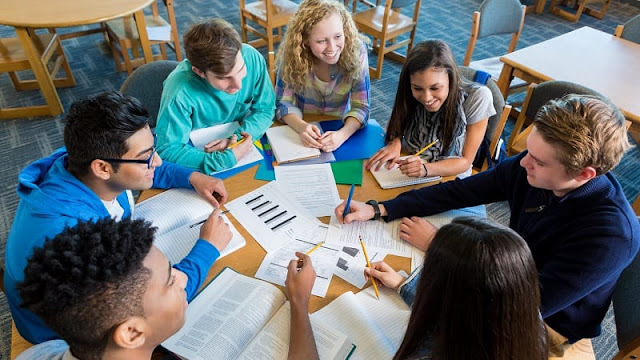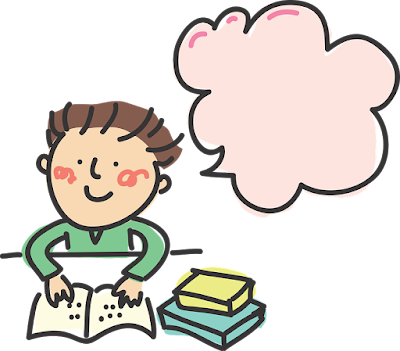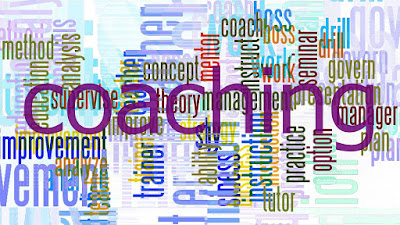Educational Coaching For High School Students
The achievement of goals is sought by developing different skills that will improve your life. For its part, defines coaching as "the art of working with others so that they obtain unusual results in everything they want and improve your performance."
Educational coaching refers to the set of actions carried out by an individual and whose objective is to accompany other people to achieve their objectives, enhancing their skills and providing resources to overcome their limitations in the training field. In this way, we can say that coaching does not consist solely in teaching, but in putting all possible facilities so that the oriented person will be able to learn by his own foot.
From the above definitions, we can deduce that coaching is a methodology that allows the maximum personal and professional development of individuals and influences their transformation, causing changes in perspective, increasing motivation, commitment and responsibility, and of course, the learning. Therefore, coaching promotes cognitive, emotional and behavioral changes that extend the person's capacity for action.
We have three levels depending on the audience to which the coaching is directed:
- Management of the center: Its main mission is to offer executives executive tools.
- Teachers and faculty staff: Aims to ensure that they improve the teaching process, teamwork and acquire communication skills.
- Students: Their objective is that they become aware of the learning process and face it in one direction and work as a team, also know how to manage conflicts and emotions, etc.
The educational model in “coaching” must be cooperative (not directive) and strengthen the processes of learning, because learning based on accumulating information is no more than to cause frustration in students. The educational change must be real, and be sure not to forget the emotions and the students' own thinking.
Possibly, one of the most notorious changes that coaching can bring in the classroom is that this methodology does not consist of teaching in a directive way, but that it creates the conditions conducive to learning and growing. It is an experiential methodology, in which both teachers and students come to solutions through their own self-reflection.
One of the keys to educational coaching is that it does not focus on teaching, but on enabling better performance. Coaching is able to raise or rethink different ways of achieving the objectives and will do so mainly because it can discover individual needs. Educational coaching affects the individuality of people, the potential of each student; on many occasions, what is intended to be taught should not limit the potential
that students have for learning. Hence, educational coaching offers a different way of learning.
Coaching focuses on a dialogue (called the Socratic method), in which the relationship between the coach-teacher or student-teacher is not an expert relationship, that is, the coach is not above the coachee. But the relationship is at the same level, and the coach facilitates the strategies for self-learning. Therefore, the coach is a companion in this educational process.
In this educational model, not only do students benefit, since coaching gives them good feedback on progress, it improves students' confidence in it, and it is also an exercise of responsibility that trains the teacher in the role of companion to discover potentialities, and contribute to the improvement of education.
Finally, in order to apply to coach in the classroom, it is necessary to develop different skills: Active listening, emotional intelligence, patience, attention, etc.
Therefore, there are many benefits of educational coaching:
- Improves self-knowledge, self-reflection, and emotional intelligence.
- Develop the maximum potential of the coachee.
- It allows defining objectives realistically and creating an action plan.
- Maximize creativity as it encourages the discovery of new alternatives by the coachee
- It allows you to unlock your mind to generate new ideas that lead to change.
- It empowers people; Thanks to the coaching process, the coachee learns to decide on its own and to assume their own responsibilities.
- It allows greater mental flexibility and adaptability to change.
- Coaching allows changing limiting beliefs to empowering beliefs.
- It improves interpersonal relationships.
- Coaching in creating the necessary conditions to learn and grow.
- It helps manage time and therefore reduces stress.
- Increase motivation.
- Increase wellbeing.
- It helps maximize personal development to go further.
- It allows to open the mind, experience and recognize emotions.
As we have just pointed out, the potential, awareness, responsibility, empathy, and feedback are qualities of educational coaching. These qualities do not appear in the curricula of the subjects, however, they are of transcendental importance. In this sense, educational coaching can be a tremendously effective mechanism for the full development of your students.







Comments
Post a Comment